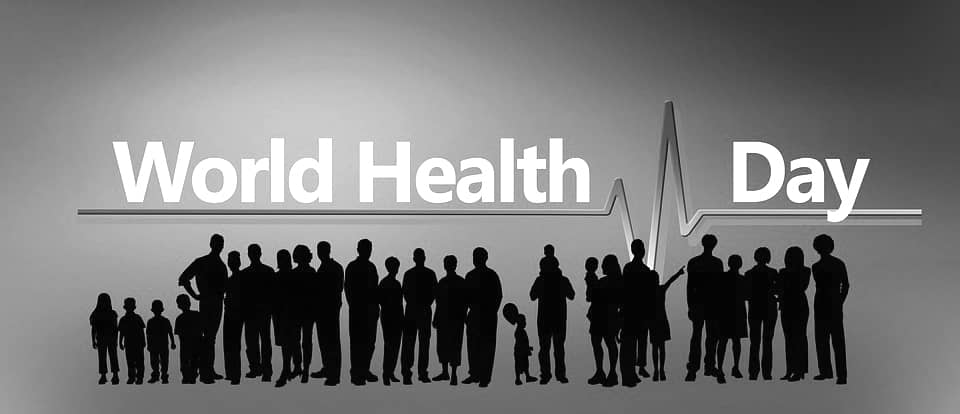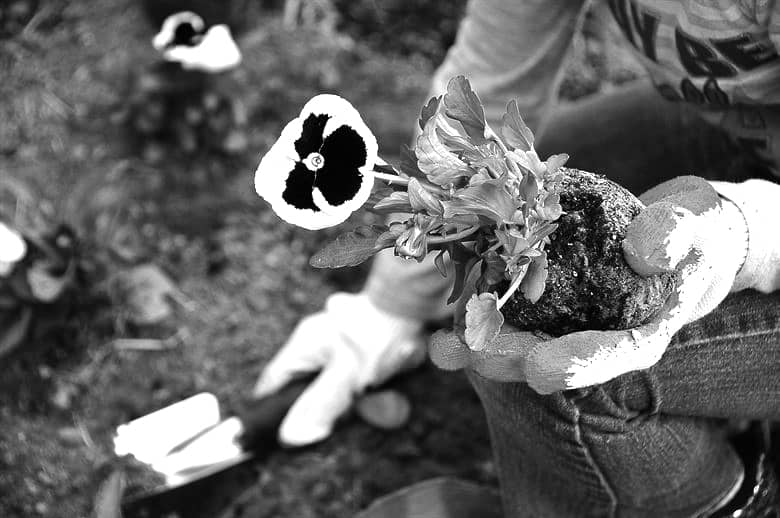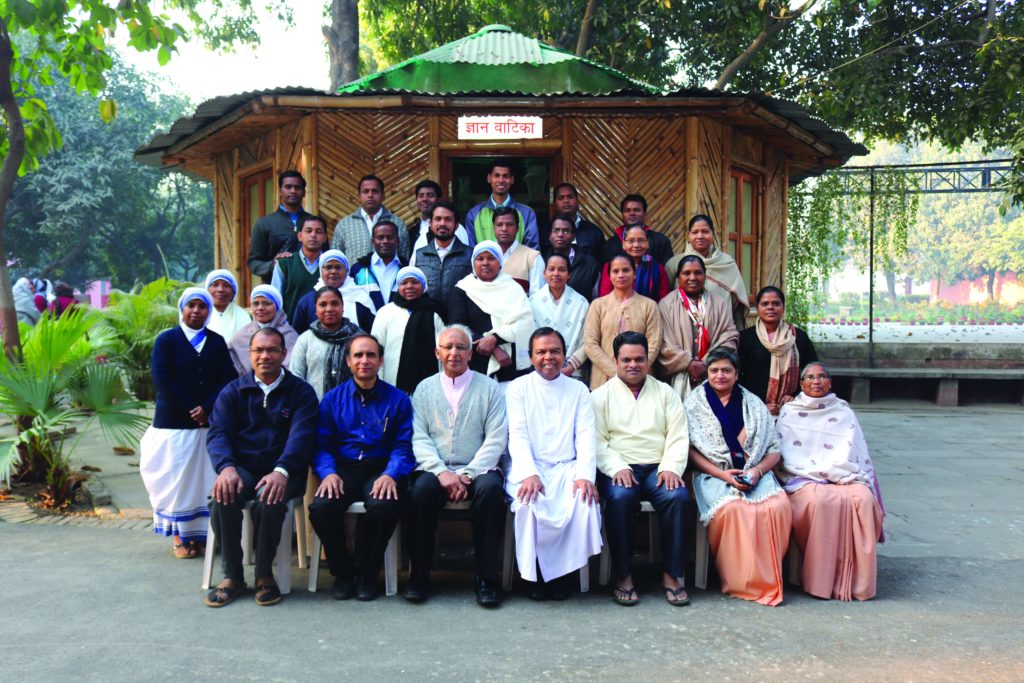April 7
WORLD HEALTH DAY

“Health for all” has been the guiding principle of the World Health Organization (WHO) from the time it came into existence seventy years ago. In this 70th anniversary year, WHO has chosen “Universal health coverage for everyone, everywhere” as the theme for the World Health Day.
Universal health coverage means ensuring that all people can get quality health services, where and when they need them, without thereby being pushed into poverty. No one should be forced into a situation to choose between good health and other necessities of life. However, it does not mean free coverage for all possible health interventions, regardless of the cost, as no country can provide all services free of charge on a sustainable basis.
Healthcare in India
The healthcare system in India is scandalously lopsided. While we boast of super-specialty hospitals that attract foreign patients, the vast majority of our people cannot afford the high cost of such private healthcare. At the same time, the facilities and care available in government hospitals are so poor that even the poor are forced to seek treatment in private hospitals.
Health is getting increasingly unaffordable for the poor in India. Most healthcare expenses are paid out-of-pocket by patients and their families, rather than through insurance. In fact, India has the highest out-of-pocket private healthcare costs among many other comparable developing nations. This pushes many households into poverty. Often the sad fact is that those threatened by poverty merely forgo healthcare because of the unaffordable charges.
While 70 percent of India’s population live in rural areas, only 3 percent of the doctor population live there. Nearly 75 percent of dispensaries, 60 percent of hospitals and 80 percent of doctors are located in urban areas, serving only 28 percent of the population.
Unaffordable drug prices
India is one of the world’s largest drug manufacturing countries. It exports medicines to more than 200 countries worldwide. In spite of that, more than half of its population has no access to essential medications in its government hospitals. Studies show that medicines in India are overpriced and unaffordable. The margin in sales is extremely high, often ranging from 1,000 percent to 4,000 percent.
In this situation, universal health coverage is the urgent need of the moment for the poor of the world and for India.
APRIL 22
EARTH DAY

Planet Earth, our common home, is under threat – a threat of slow destruction through relentless pollution, caused mostly by human beings. Earth Day is observed every year to draw the world’s attention to the destructive effects of pollution on us and our dear Planet. The only way to save it from extinction is to stop pollution–water pollution, soil pollution, noise pollution, plastic pollution, and what not. The theme chosen for this year’s Earth Day celebration is “END PLASTIC POLLUTION.”
Plastic, that wonder material that we use for everything, entered our world only about a hundred years ago. It is cheap, light and, in many ways, a useful thing. Yet it is a most harmful and impossible-to-get-rid-of pollutant, for the simple reason that it is non-biodegradable or degrades very slowly in the natural environment. Scientists believe that plastic takes 500 to 1000 years to degrade! Therefore, all the plastic that was created in the last one hundred years is still there in our environment, in some form or other, causing untold harm. The major chemicals that go into the making of plastic are highly toxic. The exponential growth of plastics is threatening the survival of all living beings and our planet itself. There is a growing tidal wave of interest in ending plastic pollution across the world.
Solution to Plastic Pollution
- Educate people about the risks associated with the use and disposal of plastics.
- Educate people to take personal responsibility for plastic pollution by choosing to reject plastic, or reduce the use of it, or reuse it whenever possible.
- Mobilize and activate citizens to demand that governments and corporations control and clean up plastic pollution.
- Eliminate altogether single-use plastics (e.g., plastic water bottles and cups).
- Encourage people to switch over to nature-friendly bags made of paper, cloth, jute etc. for shopping and other purposes.

To subscribe to the magazine Contact Us













